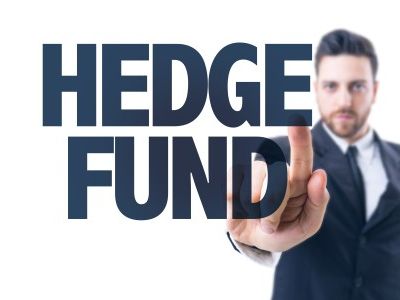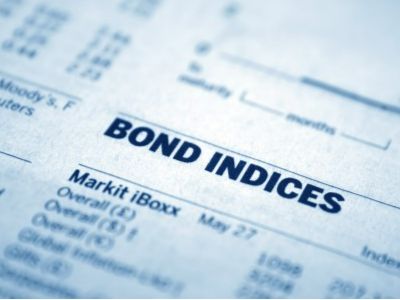Hui Li: The Middle East conflict is escalating, and gold will challenge historical highs again this year, aiming for $2800.
2024-10-08 11:09
Recently, the driving force behind the sharp rise in gold prices has been mainly influenced by geopolitical threats.
Alex, senior strategist of Huili Fund ETF business, shared his latest views on gold. He pointed out that the recent sharp rise in gold prices was mainly driven by geopolitical threats, even though the strong non-farm payroll data just released by the United States and expectations of a slowdown in interest rate cuts by the Federal Reserve in November. Gold price has remained above $2650, reflecting that current gold prices are more affected by geopolitical factors than interest rate changes. With signs of escalation in the Middle East conflict, gold will continue to benefit from a large amount of safe-haven buying, driving funds into the gold market. It is expected that gold prices will once again challenge historical highs this year, reaching $2800.
In addition, with the upcoming U.S. presidential election, the polls show a close race between the two parties. The uncertainty of the election results will continue to impact traditional capital markets, and investors should utilize precious metals and diversified asset portfolios with low correlation to risky assets to cope with volatile market conditions. Post-election expectations of generous fiscal policies will increase the U.S. budget deficit, causing long-term inflationary pressures. The reckless promises of the two parties in their campaigns will enhance the attractiveness of gold as a safe-haven, anti-inflation asset, which will in turn support the upward movement of gold prices in the long term.
RECOMMEND

AMAC: In January, 137 new asset-backed special plans were filed, with a total scale of 1122.64 billion yuan.
26/02/2025

Schroder Investment: Investors should consider allocating funds to securitized credit and insurance-linked securities.
26/02/2025

Reuss County Asset Annual Reflection: Policy Tipping Point is very clear. The semiconductor industry in 2025 is a game for the brave.
26/02/2025


